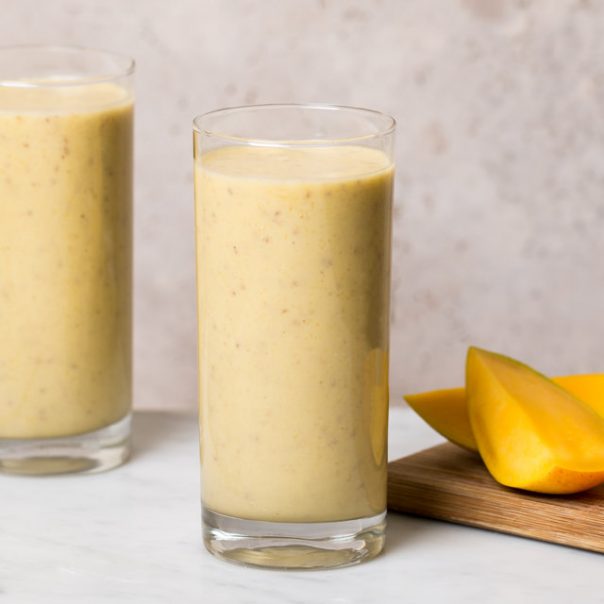Microbiome (which is a blanket term to describe the huge assortment of micro-organisms living either inside or outside of our bodies) has been a hot topic in regards to gut health for a while now, with plenty of research showing how our gut flora impacts immunity and a host of other biological mechanisms. Now, new research has started to shift focus towards how the microbiome affects our skin health, too.
Human skin is a complex ecosystem harbouring a staggering 1 trillion bugs, including up to 1,000 different bacterial species and up to 80 different fungi species. Collectively, these micro-organisms are known as the skin microbiome or skin flora.
Every person’s skin microbiome is unique, like a fingerprint.
Some parts are similar in everyone, but others are defined by personal factors like genetics and lifestyle, where you live, what you eat and even if you have pets. Specific factors like exposure to light and whether the area is moist, dry, hairy, or oily can also cause natural variance to flora on different parts of your body.
Skin microbiome plays an important role in keeping your skin looking and feeling healthy.
It protects your skin by crowding out pathogens as well as communicating with the immune system and coordinating the release of various antimicrobial peptides when needed. The microbiome also helps to minimize oxidative damage and exposure to UV radiation, promotes healing and keeps our skin plump and moist by producing a range of skin nutrients, and essential skin lipids.
However, things like your diet, hormonal imbalance, lifestyle, and use of medications can disrupt the healthy balance of the skin microbiome, leading to several skin disorders, such as dandruff, acne, psoriasis, or atopic dermatitis. Hand sanitizers, topical steroids, and internal medications (such as antibiotics, oral steroids, acid blockers, and nonsteroidal pain relievers) can also directly or indirectly damage the skin microbiome.
Helping your skin flora thrive:
- Look after your gut
Research shows that what you eat can influence your skin and skin microbiome in many ways. Keep food organic as much as possible, and avoid processed foods and extra sugar. Adding a high-quality probiotic into your diet can also help
- Not too clean
In the same way that we understand antibiotics to be damaging to gut flora, soap and sanitizers can spell death for your skin microbiome! Keep cleansing to a minimum and choose gentle cleansing products that respect your skin’s PH.
- Sweat it out
As long as you have a healthy diet and are well hydrated, getting sweaty is actually great for your skin! Try to get a decent sweat-inducing workout in a couple of times per week, or relax in a sauna or steam room, and let that good bacteria thrive.


